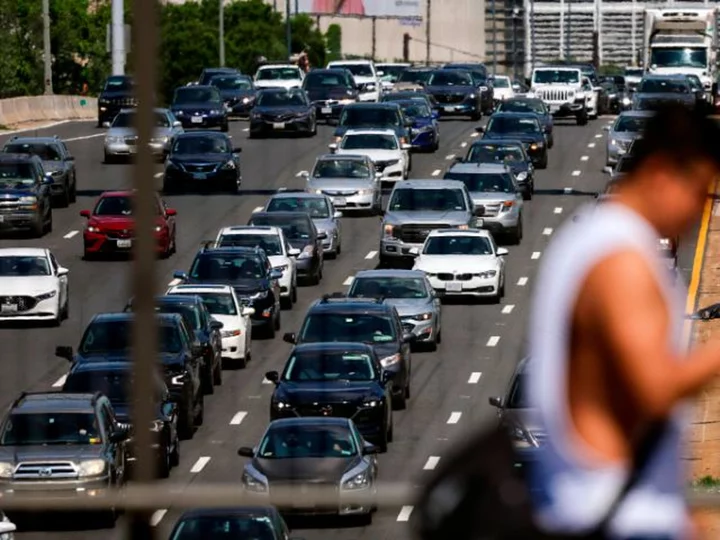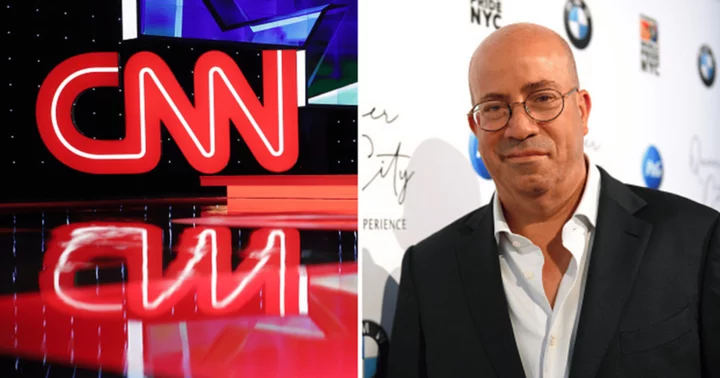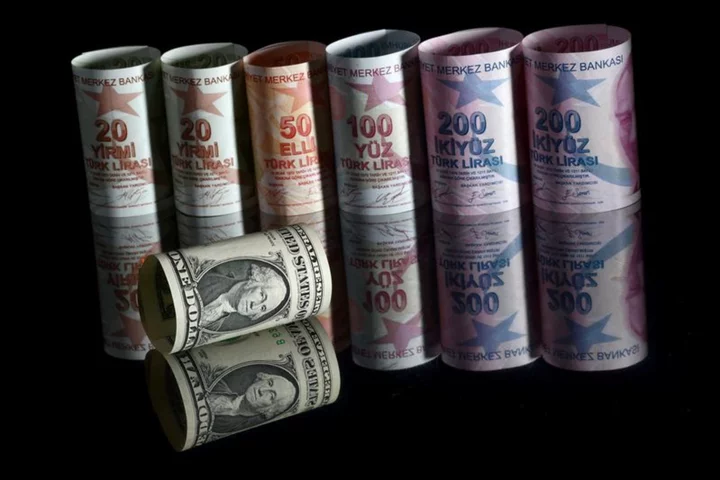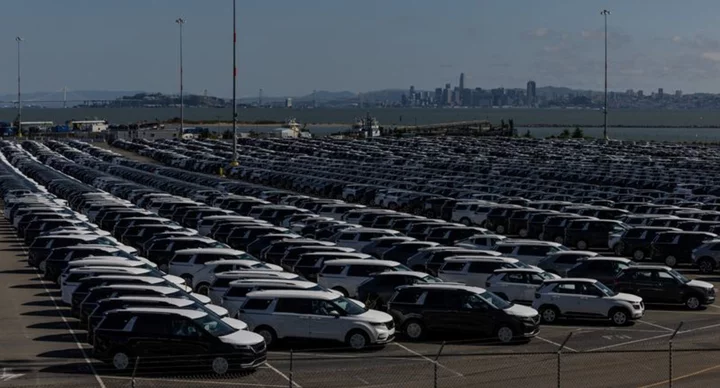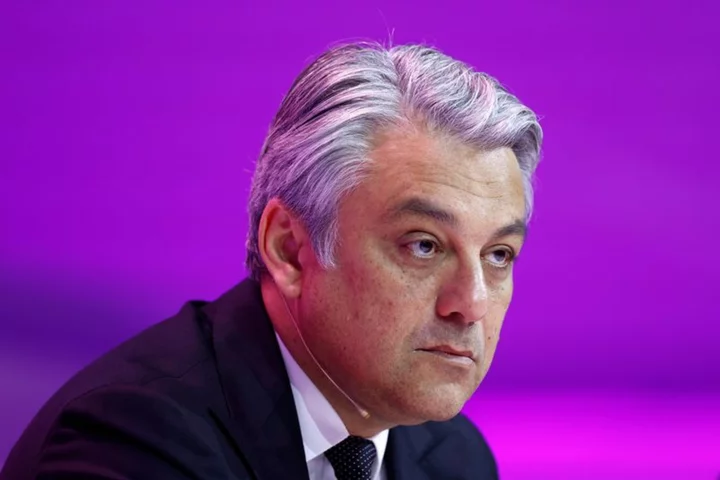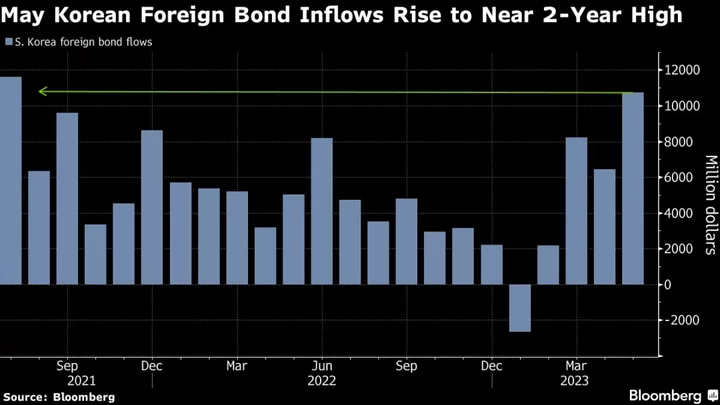The Biden administration on Friday proposed modest increases to fuel efficiency standards for the vehicles most Americans drive. The proposal fits alongside the administration's push for increasing the share of electric vehicles on the roads.
The US Department of Transportation is taking public feedback this summer and fall on several possible new standards that would apply as soon as model year 2027 for passenger cars, pickups and work vans.
A nearly 700-page document outlined the potential options, including the administration's proposal for increasing car fuel efficiency standards annually by 2% for cars and 4% for light trucks. A 10% annual increase would apply to some work vehicles.
The DOT estimates the proposal would increase so-called Corporate Average Fuel Economy, or CAFE standards, for car and light duty fuel economy to 58 mpg on average by 2032, though that's not what consumers will see when driving or when shopping for cars. The Environmental Protection Agency, which calculates the fuel economy estimates shown on vehicle window stickers, uses different tests that result in more realistic estimates. Chris Harto, a senior policy analyst for Consumer Reports, told CNN that this standard would increase the real-world fuel economy to around 43 mpg on average.
It follows an EPA proposal this spring that aims to cut down on tailpipe pollution and dramatically increase the number of electric vehicles sold. The EPA is taking comments on that proposal this summer.
A group representing major automakers noted the EPA and DOT proposals would set similar, rather than divergent, standards. In response to the DOT's new proposal, John Bozzella, the president of the Alliance for Automotive Innovation, a trade association for vehicle manufacturers, pointed to its criticism of the EPA draft: It pushes a significant increase in the number of fully electric vehicles sold.
The proposal was met with mixed reaction from environmental advocates.
The proposal "doesn't knock our socks off," said Dan Becker, director of the Safe Climate Transport Campaign at the Center for Biological Diversity, but would serve as a backstop in the case that electric vehicles do not become more prevalent.
Harto said the rule left "a lot of room for improvement" and that Consumer Reports hopes to work with the DOT to strengthen it.
Pete Huffman of the Natural Resources Defense Council called the proposal "a winner all around" for drivers and reducing the reliance on planet-warming fossil fuel.
CAFE standards are a tension point between Democratic and Republican administrations. Soon after taking office, the Trump administration re-wrote the more stringent Obama administration's proposal. The Biden administration already put in place its own version last year.

